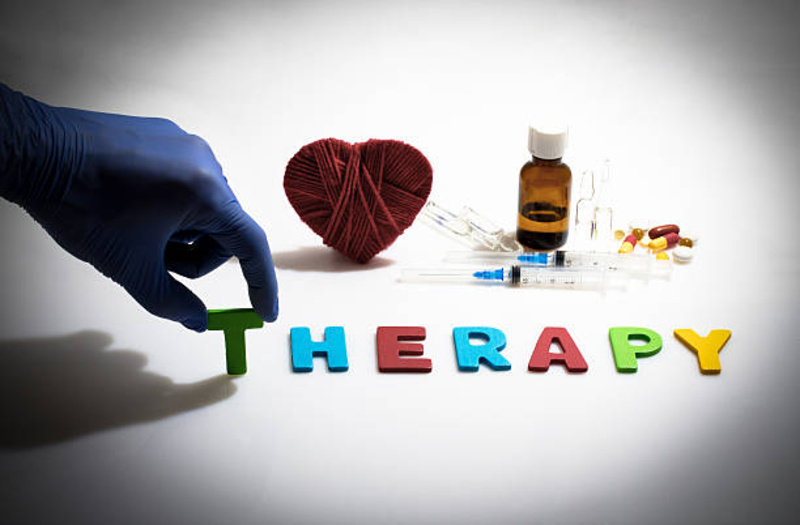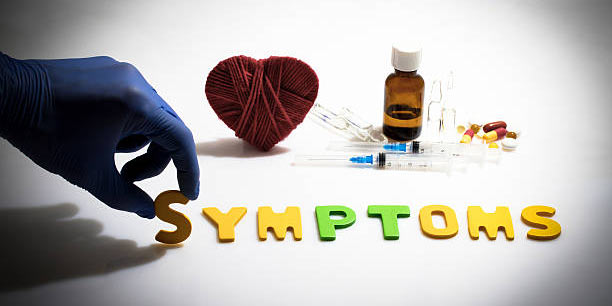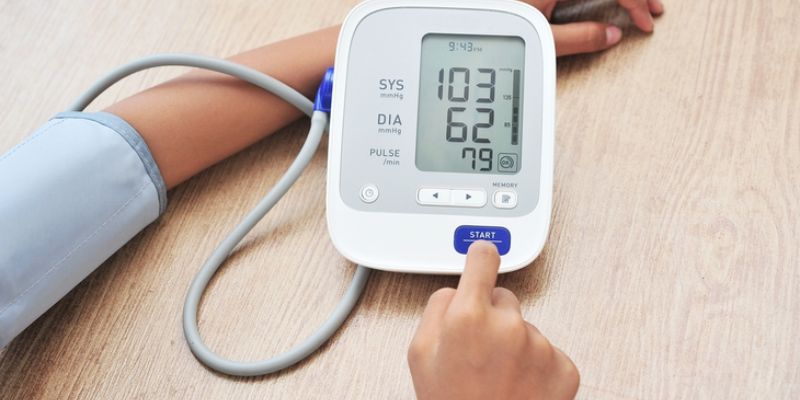Understanding the different treatments and interventions available to those with attention-deficit/hyperactivity disorder can be overwhelming. While it's important to become educated on the subject, it can be difficult to sort through all of the options and figure out what is best for your unique situation. Luckily, this blog post is here as a guide! In this piece, we'll discuss medications commonly prescribed for ADHD as well as important therapeutic strategies that have shown to improve symptoms in many individuals. With knowledge comes power; let us unravel these options together so that you can make informed decisions about which therapies are right for you.
Medications for ADHD:

ADHD can be challenging to manage, and many people opt for medication as a means of controlling their symptoms. Stimulants are the most commonly prescribed drugs for ADHD, although non-stimulant medications are also available. Stimulants increase dopamine levels in the brain to enhance focus and concentration while decreasing hyperactivity and impulsivity. Commonly prescribed stimulants include Adderall, Ritalin, and Concerta. Non-stimulants, on the other hand, work by inhibiting the reabsorption of norepinephrine in order to increase levels of this neurotransmitter. This helps to reduce hyperactivity and impulsivity without causing the same type of stimulation as stimulant medications. Non-stimulants such as Intuniv and Strattera are often prescribed for those with ADHD.
It's important to note that these medications can have side effects, so it is essential to discuss potential risks with a doctor before beginning any type of medication regimen. Additionally, patients should regularly consult their doctor while on the medication in order to monitor effectiveness and adjust dosages as needed.
Therapeutic Strategies for ADHD:
There are a variety of therapeutic approaches that can help people with ADHD manage their symptoms more effectively. Cognitive Behavioral Therapy (CBT) is one example; this type of therapy helps to identify and modify problematic behavior patterns in order to improve functioning. It also teaches individuals better strategies for managing stress and organizing their lives. Social skills training is another option. This type of therapy helps individuals with ADHD develop the interpersonal skills necessary for successful social interactions, such as communication, problem-solving, and listening. It also focuses on developing self-esteem and confidence in social settings.
Types of Medication Used to Treat ADHD:
Antidepressants:
In to stimulants, doctors may prescribe antidepressants for individuals with ADHD. These medications can help alleviate symptoms of inattention and impulsivity in certain people. It is important to consult with a healthcare professional to discuss the potential risks and benefits of taking antidepressants, as side effects can vary depending on the specific medication.
Alpha-2 Agonists:
Alpha-2 agonists are a class of medications commonly used to treat symptoms of ADHD. These drugs function by reducing excessive brain activity and enhancing attention and focus. Guanfacine (Intuniv) and clonidine (Catapres) are frequently prescribed alpha-2 agonists. Potential side effects of these medications may include drowsiness, dry mouth, low blood pressure, and constipation.
Different Therapies Used to Manage ADHD:
Parent Training:

Parent training is particularly important for those with children who have been diagnosed with ADHD. This type of therapy helps parents to learn how to respond more effectively to their child’s behaviors, as well as providing tips for organization and structure at home. It can also help parents develop better communication strategies with their children, which can lead to improved relationships.
Occupational Therapy:
Occupational therapy is a valuable form of therapy aimed at cultivating essential life and work skills. It proves especially beneficial for individuals with ADHD, as it can enhance organizational abilities, time management, and self-regulation. Moreover, occupational therapy may incorporate the utilization of assistive technology to effectively address symptoms like restlessness and impulsivity.
Educating Yourself:
Please note that there are numerous options available for treating ADHD. It is crucial for you and your doctor to collaborate in order to determine the most effective interventions for managing symptoms, whether they are for yourself or your child. To enhance your understanding, seeking guidance from mental health professionals and delving into resources such as books and online articles can prove beneficial. Equipping yourself with knowledge on the subject empowers you throughout your treatment journey.
Regardless of the chosen treatment options, it is vital to recognize that ADHD can often be effectively managed through targeted interventions. Whether it involves medication, therapy, or a combination of both, there are available strategies that can empower individuals to regain control and lead more fulfilling lives. Taking the initiative to educate oneself on the subject is a significant first step in this transformative journey.
How to Find the Right Treatment for Your Child's Needs?
When your child is diagnosed with ADHD, the thought of finding the right treatment can be overwhelming. It is important to take a step back and evaluate all possible treatments in order to find the one that works best for your child. This should be done in consultation with mental health professionals, as they will be able to provide personalized advice on which interventions are likely to be most effective.
It is also important to remember that there are a variety of treatments available, and not all will work for every person. Some children may benefit most from medication, while others may find therapy to be more beneficial. Taking the time to explore all options and determining which one works best for your child can help them gain control over their symptoms and lead a more fulfilling life.
Conclusion:
ADHD is a complex condition, and it can be difficult to determine the most effective treatment plan. That said, there are a variety of options available that can help those with the disorder manage their symptoms more effectively. Whether it’s medication, therapy, or both, finding the right intervention for you or your loved one is an important step in achieving greater control over the condition. Taking the time to explore all of the available treatments and discussing potential risks with a doctor can help you find the best course of action for your needs.
FAQs:
Is Kefir good for ADHD?
Kefir is an excellent source of probiotics, which can be beneficial for people with ADHD. Probiotics are known to support gut health and improve cognitive function, both of which can help manage the symptoms of ADHD. Additionally, kefir is a nutrient-rich food that can provide essential vitamins and minerals that are important for overall health.
Are there any natural remedies for ADHD?
Yes, there are several natural remedies that can help manage the symptoms of ADHD. These include exercise, getting enough sleep, eating a healthy diet, and limiting sugar intake. Additionally, incorporating supplements such as omega-3 fatty acids and probiotics can be beneficial for those with the disorder.




